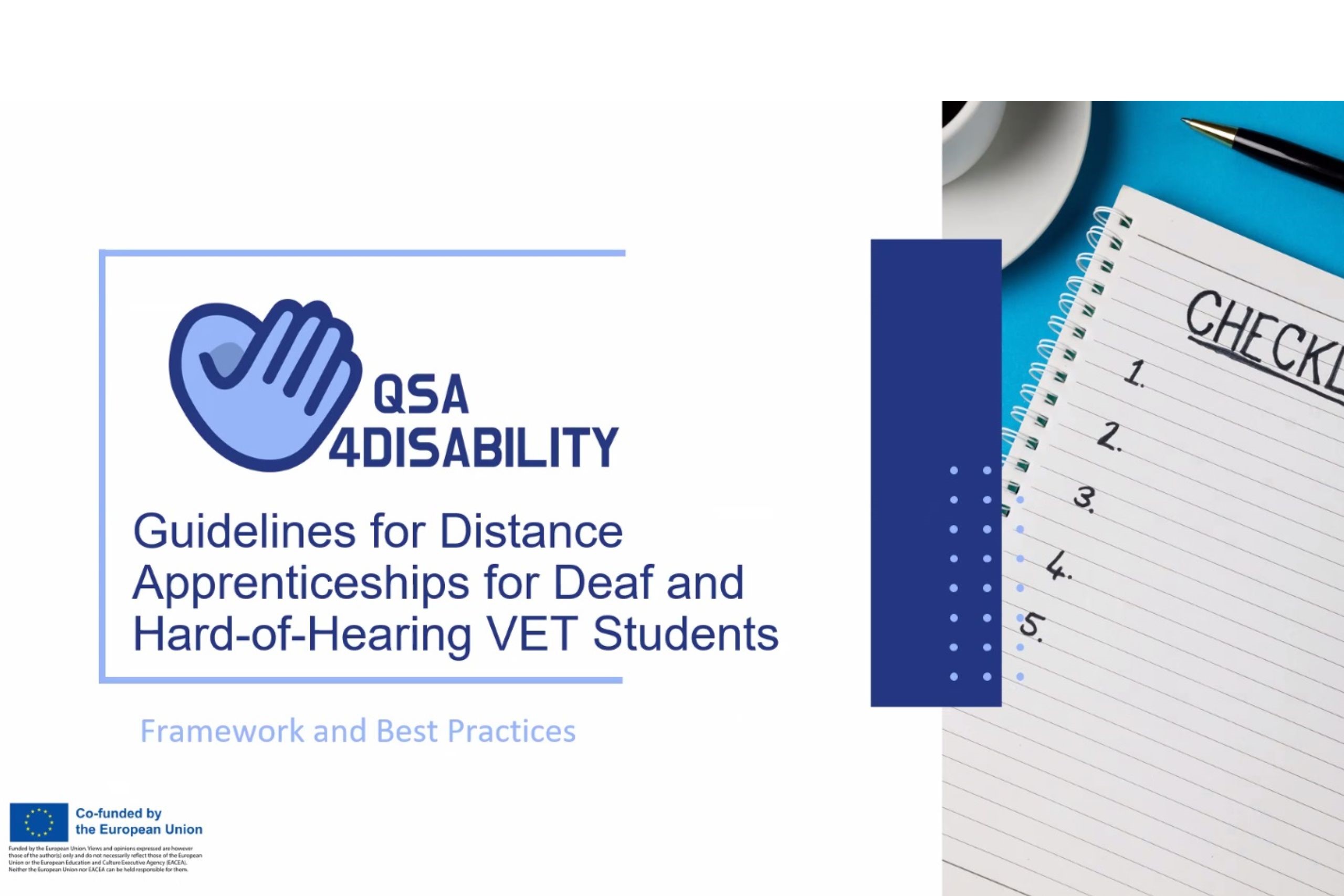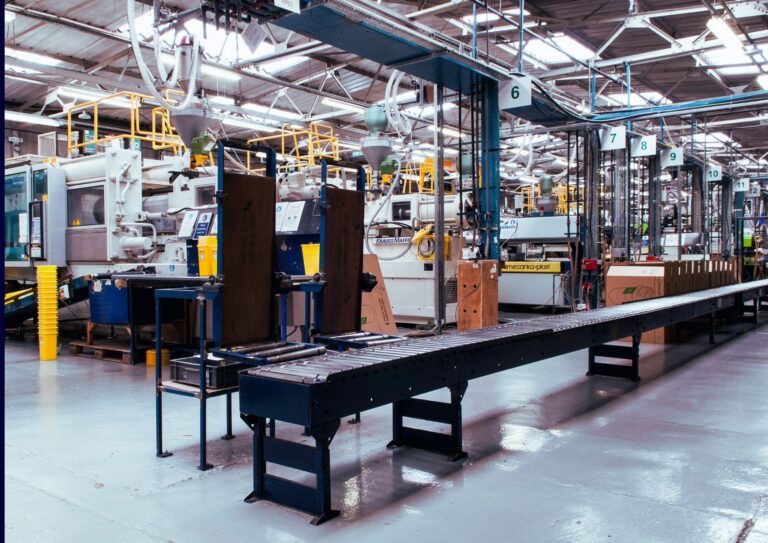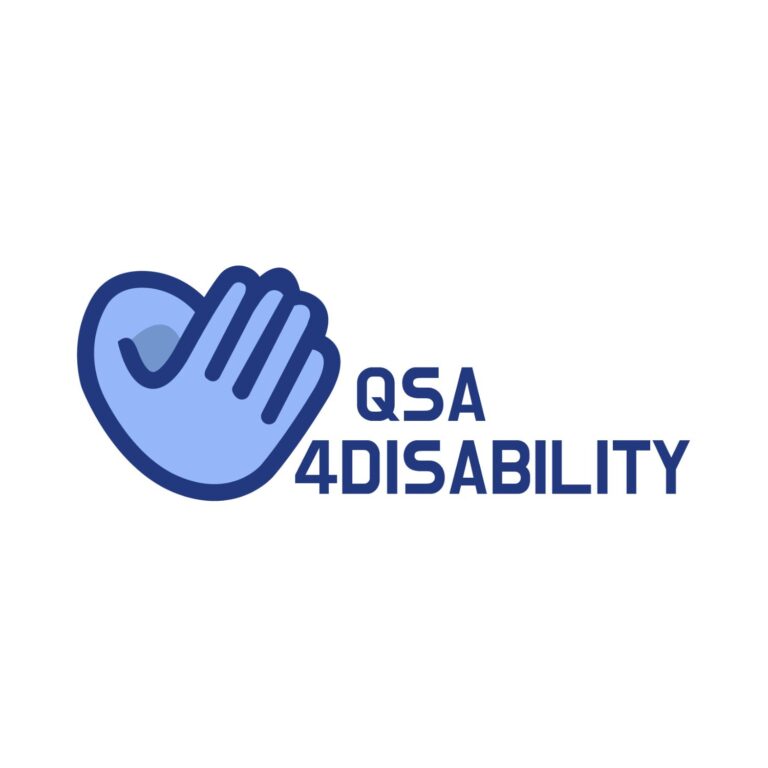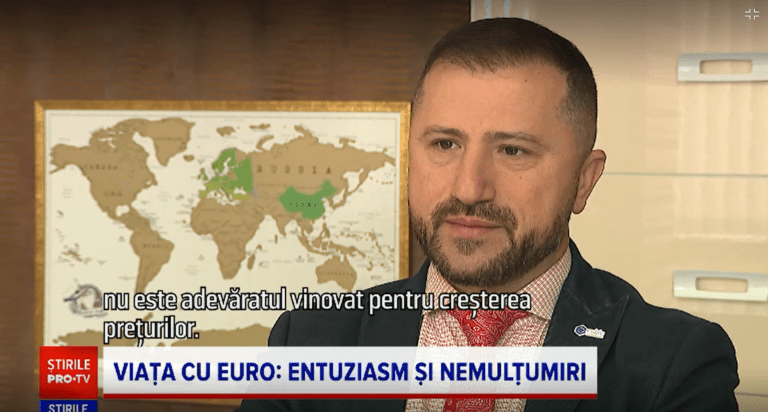QSA4Disability – a step towards more inclusive remote internships for hearing impaired youth
An online training course was held within the framework of the QSA4Disability project from 26 to 28 March 2025. The event was organized by the Dutch partner In Dialogue and brought together nearly 40 participants, representatives of partner organizations and external experts. The main highlights of the training were:
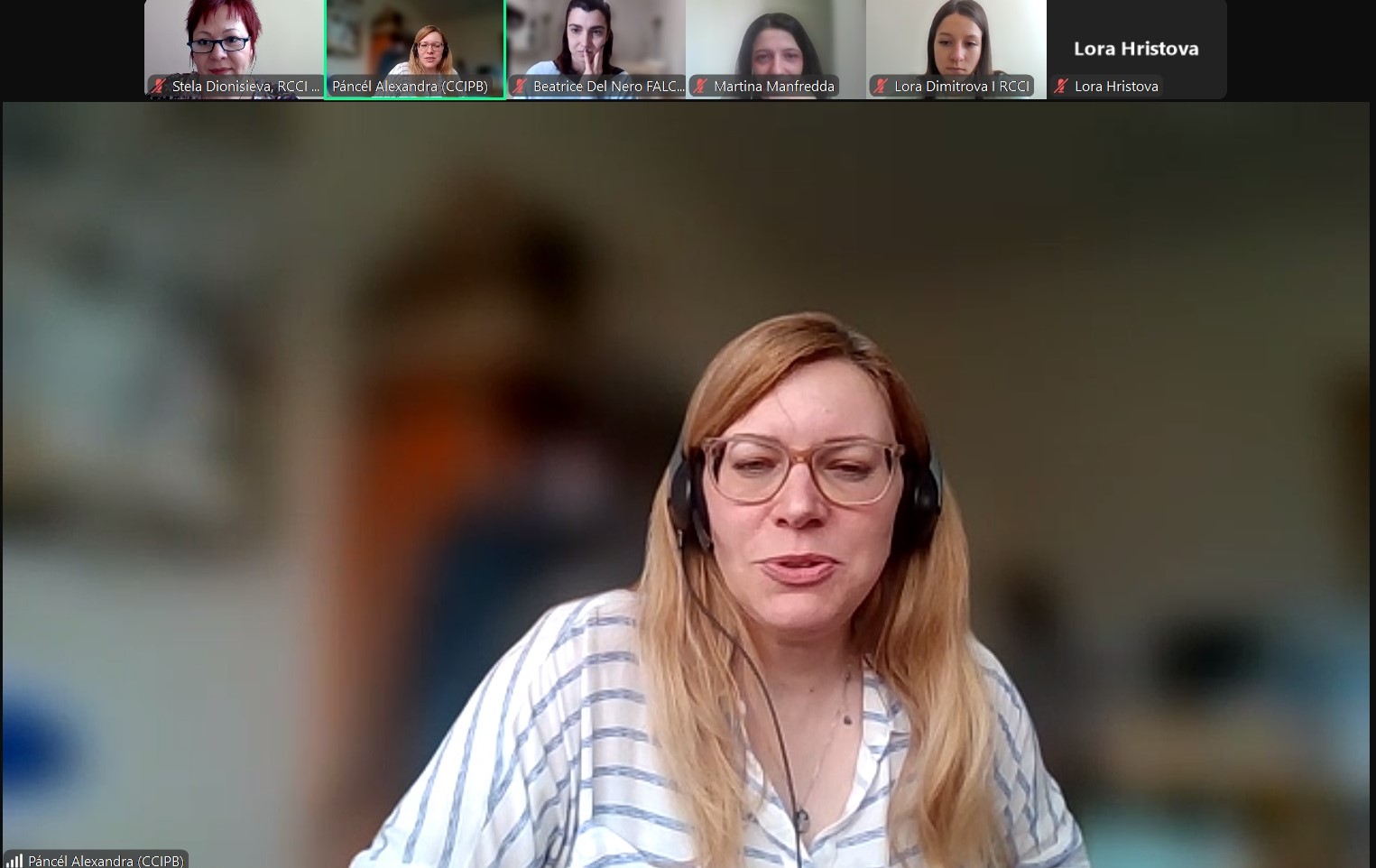
As an active partner in the project, the Ruse Chamber of Commerce and Industry (RCCI) also joined the training. RCCI plays a key role in disseminating the results of QSA4Disability among local businesses and vocational education institutions. In implementing the initiative, the Chamber is committed to:
With its professional experience in working with businesses, RTIK adds value to companies by helping them implement sustainable accessibility practices that not only improve social responsibility, but also increase opportunities to attract new talent, especially among young people with hearing impairments.
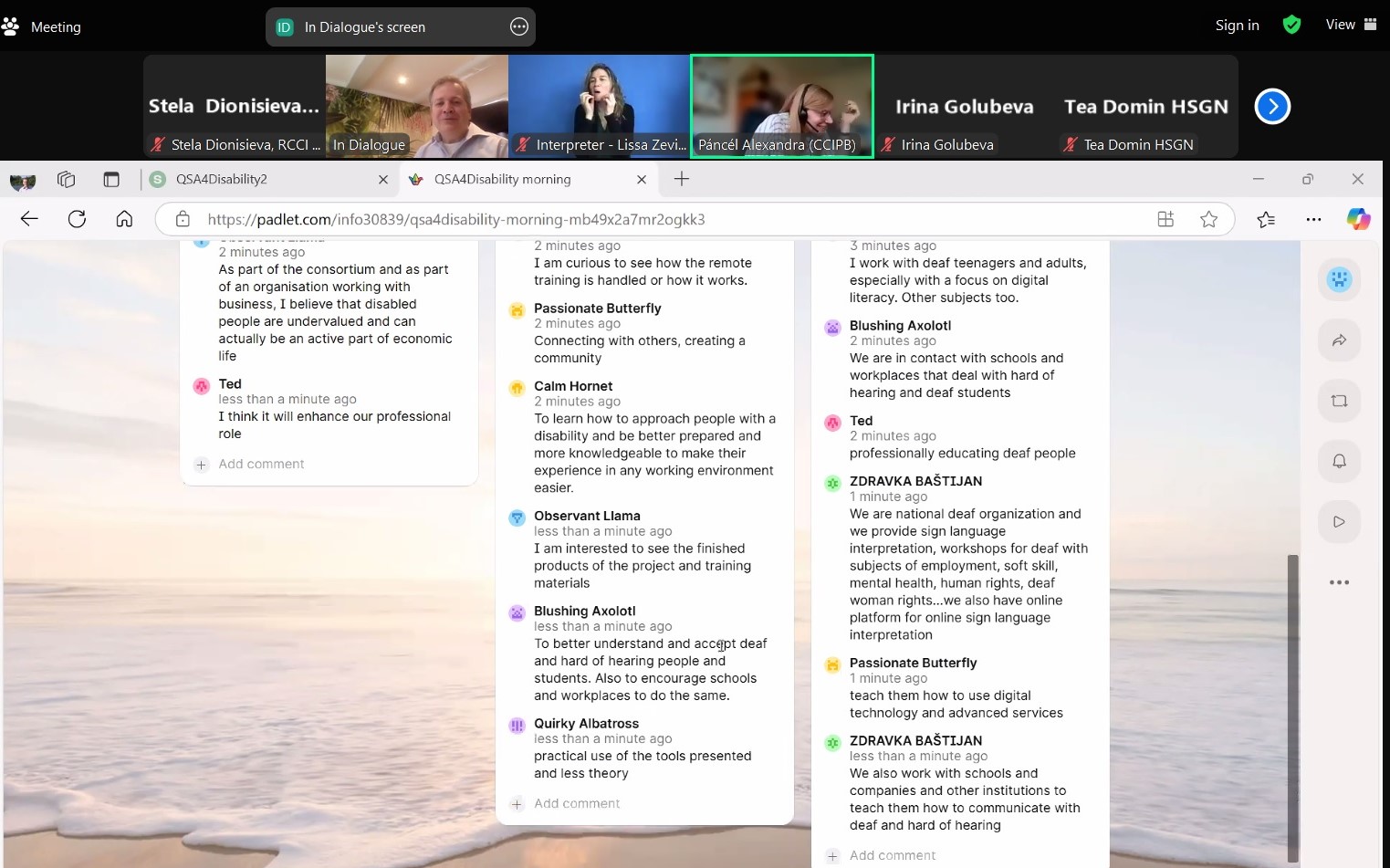
All participants received access to the specially developed e-Space platform where the framework for developing quality inclusive remote apprenticeship programs was presented. This standard is designed to support deaf and hard of hearing people by providing practical guidance for companies wishing to develop and implement high-quality remote apprenticeship programs.
The main tools developed and included in the quality framework for distance learning internships are:
Companies can start by familiarizing themselves with the tools, assessing their current practices, implementing the recommended approaches, and ultimately applying for and receiving the “QSA4Disability Badge” – a badge that certifies their commitment to inclusive learning.
Over three days, participants went through five sessions with different topics, which covered:
The training provided valuable practical knowledge and guidance for the application of QSA4Disability tools in real work environments. With the assistance of the Ruse Chamber of Commerce and Industry, the project results will reach local businesses, providing possible solutions for creating
By building a community of professionals familiar with the challenges facing deaf and hard of hearing people, the project creates conditions for more accessible and equal professional training and employment.
